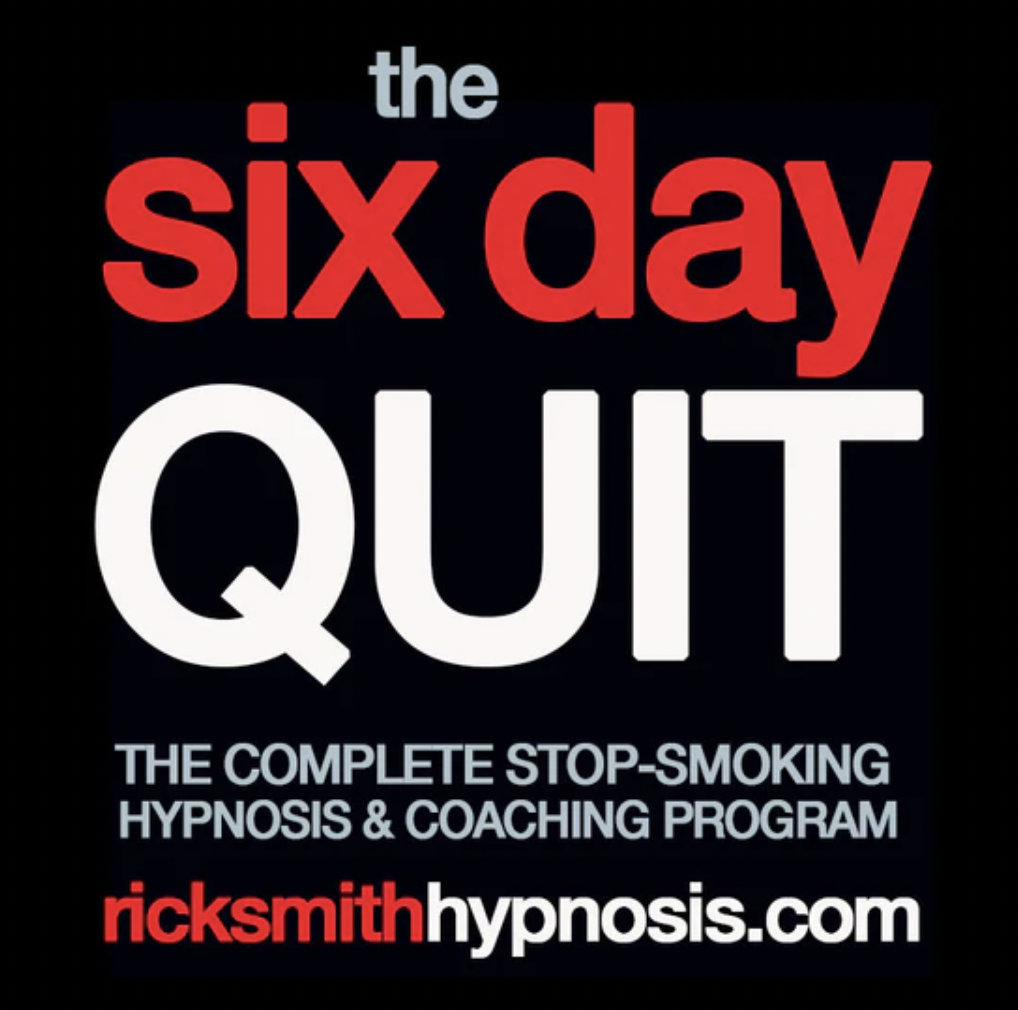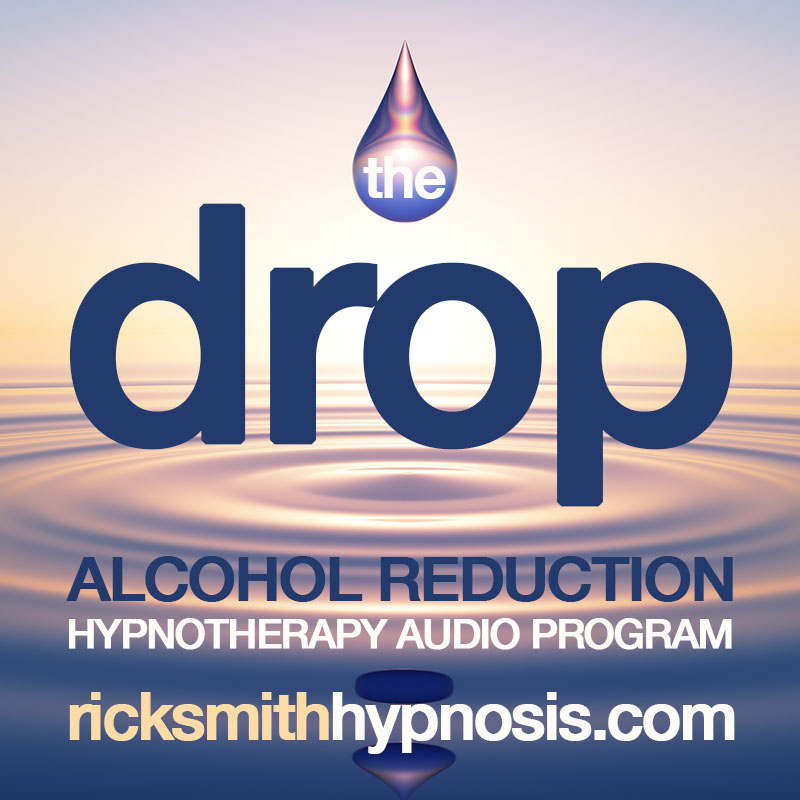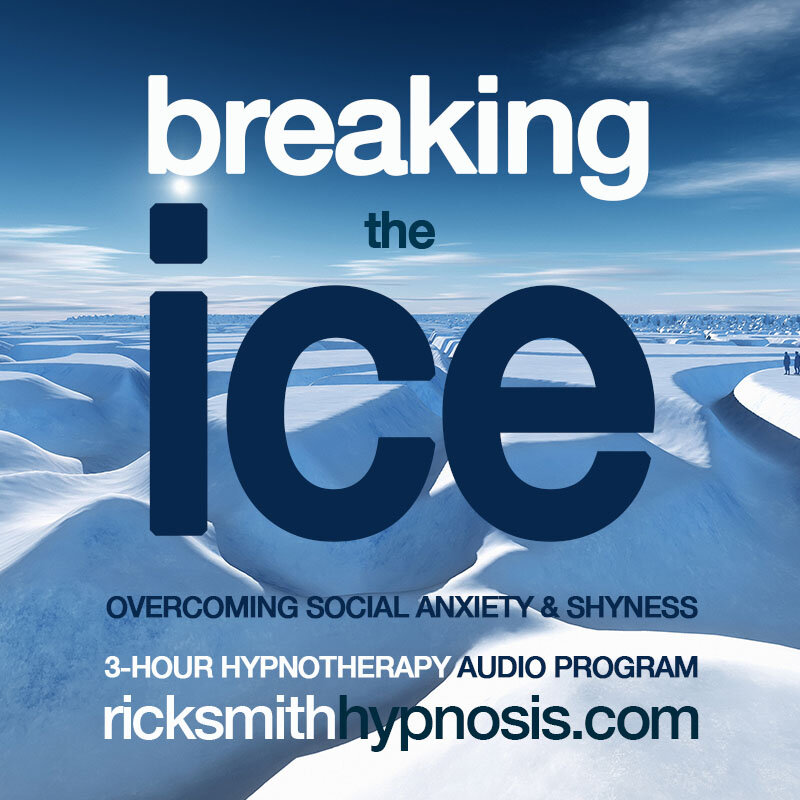Sleep deficit is the new baseline of sleep science. Previously, it was thought that missing a few hours over a few nights would be readily absorbed by the brain and body, and that deficiencies in (say) the sleeping patterns of people who get less than optimal sleep time during the working week could catch up their deficit by sleeping longer at the weekend.
Recent studies have disproven this, in dramatic form. Not only does it seem that the deficit can’t be caught up this way. Even though the subject ends up with a full ‘week of sleep' the physiological effects are cumulative, and those are not properly fixed by the catch-up sleep. Added to that, performance, the most critical of which is driving ability and alertness degrades after just one night of short sleep, and continues to plummet over successive twenty-four-hour cycles.
Now we know this, we can begin to truly understand the scale of the problem and the millions of borderline dangerous killers we're launching onto our roads every morning. A significant proportion of fatal traffic accidents are attributable to driver fatigue, most often manifested as tiny microsleeps which might go unnoticed, except if it happens at 70mph, in the fast lane, in the wet.
Which is why, alongside the hypnosis interventions we’re going to employ, it’s also critical that we establish your sleep patterns over the whole week, not just the nights you think you can spare the time!
Wherever you find yourself on the sleeplessness spectrum – mildly restless, chronic insomnia, and every variation in between – it’s hurting you. If you don’t sleep well at night, you’re probably tired during the day. It could be damaging your job performance, your family life, and your general health, often with devastating consequences.
Science and medicine now acknowledge that sleep deprivation is strongly linked to obesity, diabetes, depression, stress and anxiety, dementia, and even heart problems. It’s essential to restore good sleep to your life, if you want to reduce your risks in these dangerous areas.









































